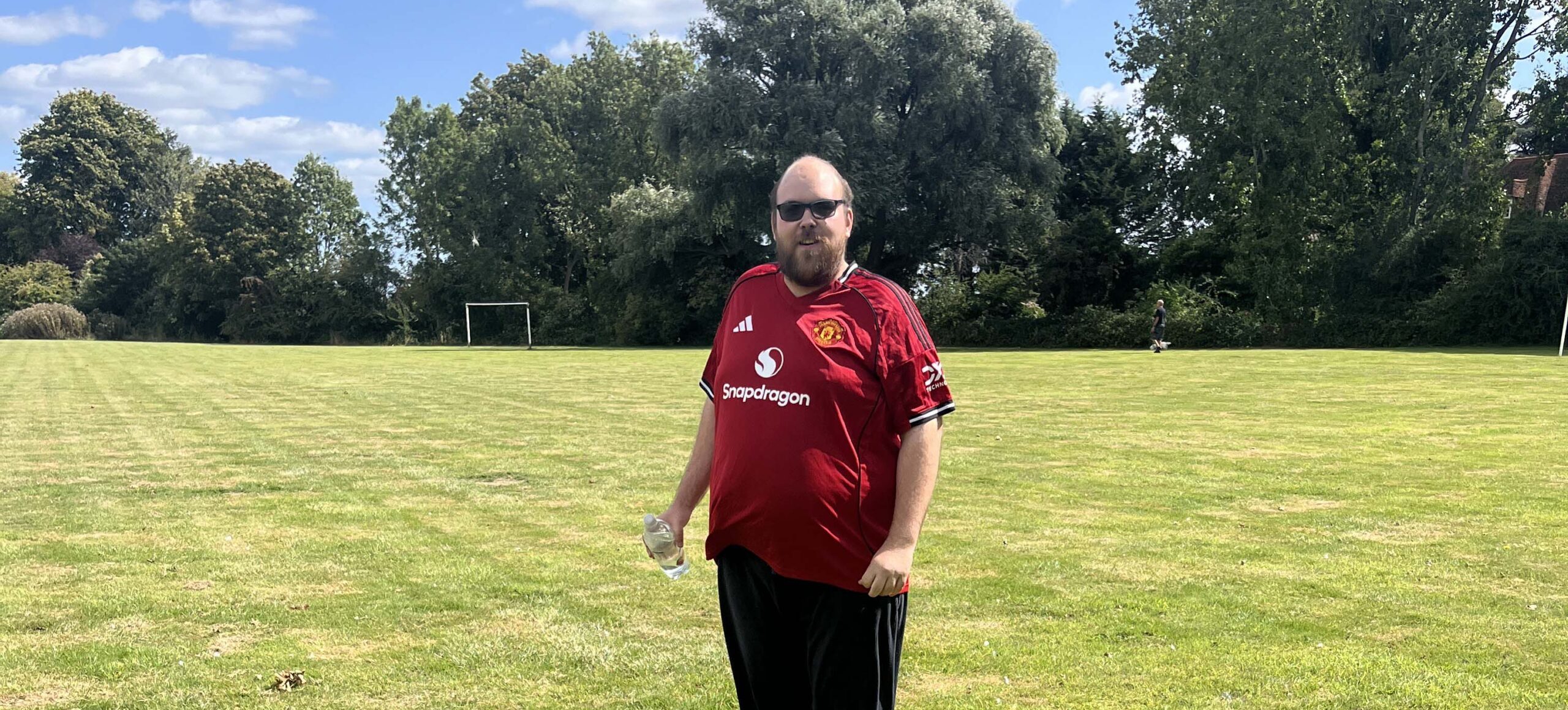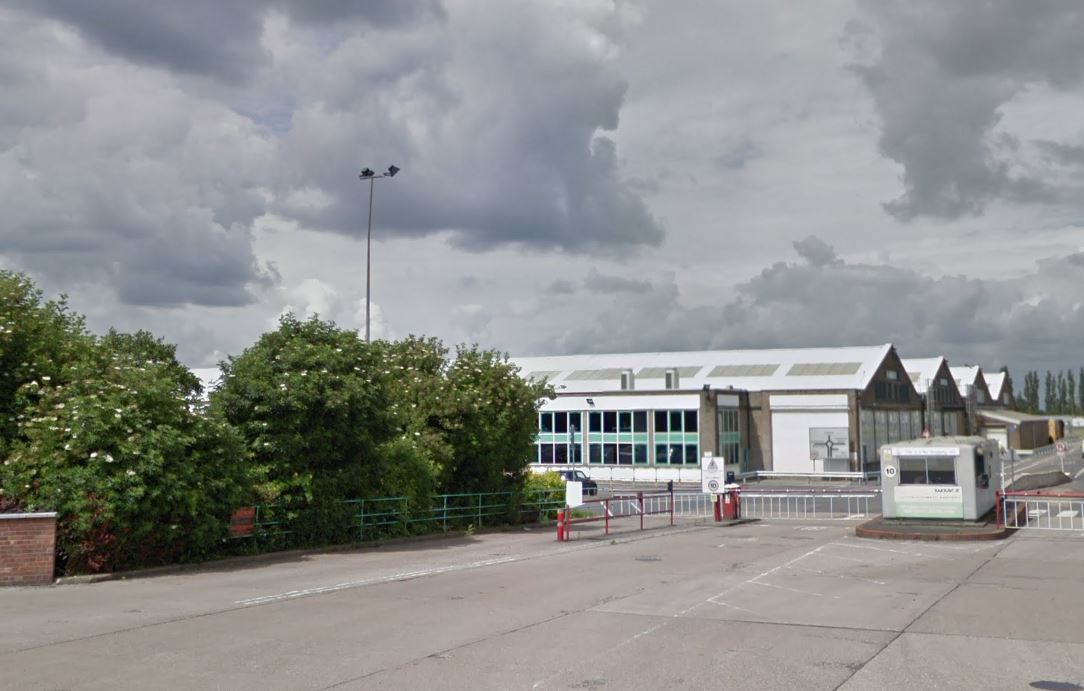In recognition of National Play in Healthcare Week (14-20 October), The Paediatric Rehabilitation Team, that look after young patients, at the Queen Elizabeth Hospital, King’s Lynn, is emphasising the vital role of play in children’s care, and how it helps mitigate the impact of long hospital stays on children’s development.
For parents of children in hospital, engaging in fun activities can be a daunting task.
The fear of causing harm or disrupting the clinical environment often leads to hesitation. However, the dedicated team at The QEH is working to change this, empowering parents to interact and play with their children just as they would at home.
Parents can often be hesitant to engage in play with their children whilst they are unwell and connected to medical equipment.
Their concerns about disturbing tubes and lines or moving an unwell child can hinder the natural movement and development that play provides as well as affect the bonding between parent and child.
Play is more than just fun – it is essential in child development, helping them learn and develop physical skills, as well as promote social and emotional wellbeing.
Play is an essential part of recovery from illness and can strengthen family bonds during the challenging times.
Clemmie Halligey
Paediatric physiotherapist
QEHIn recognition of National Play in Healthcare Week (14-20 October), The Paediatric Rehabilitation Team, that look after young patients, at the Queen Elizabeth Hospital, King’s Lynn, is emphasising the vital role of play in children’s care, and how it helps mitigate the impact of long hospital stays on children’s development.
For parents of children in hospital, engaging in fun activities can be a daunting task.
The fear of causing harm or disrupting the clinical environment often leads to hesitation. However, the dedicated team at The QEH is working to change this, empowering parents to interact and play with their children just as they would at home.
Parents can often be hesitant to engage in play with their children whilst they are unwell and connected to medical equipment.
Their concerns about disturbing tubes and lines or moving an unwell child can hinder the natural movement and development that play provides as well as affect the bonding between parent and child.
Play is more than just fun – it is essential in child development, helping them learn and develop physical skills, as well as promote social and emotional wellbeing.
Play is an essential part of recovery from illness and can strengthen family bonds during the challenging times.
Clemmie Halligey
Paediatric physiotherapist
QEH






